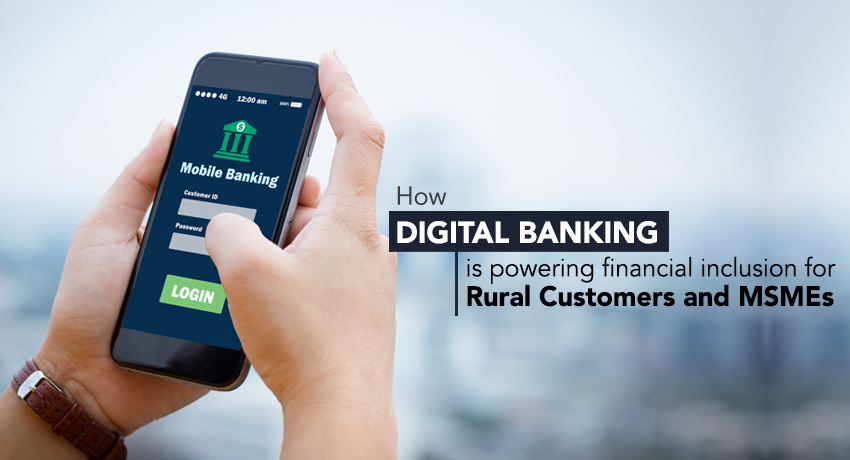India has one of the most comprehensive financial ecosystems in the world. Yet, lack of access continues to be a challenge for a large portion of India’s 138 crore population. Traditional players in the market cannot provide relevant products and services to various segments of consumers due to multiple reasons.
Digital banking plays a transformative role in bridging the gaps and enabling the financial sector to focus on underserved segments. In this blog, we delve into ongoing challenges as well as the innovative solutions that platforms like Niyogin are bringing to the table. But first, let’s understand the key challenges.
Key challenges in the financial services sector
- Lack of access:Several consumer segments, such as individuals living in remote and rural areas, remain underserved. It is due to the lack of penetration of financial products and services in their locations.
- Lack of affordability: There is a high cost to running operations by traditional brick-and-mortar banks and financial businesses. Hence, the cost of services is also high and unaffordable to several segments.
- Lack of customization: Consumers have diverse needs, and a one-size-fits-all approach does not work when it comes to financial inclusion and opportunity. For instance, Medium, Small, and Micro Enterprises (MSMEs) have unique needs compared to corporations. Hence, the relevance of products matters.
How Niyogin reduces friction and delivers value
Digital banking platforms, such as Niyogin, are continually innovating to optimize current opportunities and achieve financial inclusion goals.
A comprehensive ecosystem
At Niyogin, we have adopted a neobank platform infrastructure approach to bridge existing gaps. We are building a comprehensive ecosystem that delivers a spectrum of credit, financial inclusion, investments, and SAAS services to serve MSMEs and rural consumer needs.
A partner-based model
To solve the complex issue of affordable access, we have partnered with a network of stakeholders at various levels. Here is a snapshot:
- We have enabled the creation of virtual banks through partnerships with Kirana stores/ shops in rural/ remote locations.
- Our network of financial advisors/ wealth managing professionals delivers financial advisory services to individuals and enterprises.
- Our bank and NBFC partnerships power credit solutions for MSMEs.
Our business model enables partners to generate income while distributing critical services and products through their networks. Alternatively, they can leverage tech stacks to launch and scale their businesses, thus making it a win-win for the various stakeholders.
Tech-enabled solutions
Ultimately, technology is the backbone upon which we bring scalability to our business model. We have invested in building robust tech-enabled solutions for our partners.
For instance, our rural tech product stack enables shop owners to turn their stores into virtual financial kiosks. This helps them generate an additional pipeline of income. Through this intervention, their customers can additionally access micro-ATMs and payment and recharge services. They can also make domestic money transfers and purchase credit and micro-insurance products.
Our wealth tech stack comprises a machine learning-powered analytics services product for wealth managers of large enterprises. It is a one-stop digital platform for financial advisors looking to build their practice and a SaaS-enabled tech platform to support financial consultants serving MSMEs.
In conclusion
In 2022, the International Monetary Fund projected that India will become a 5 trillion dollar economy by 2026-2027, provided it stays on the growth path. At Niyogin, our mission is to revolutionise financial services for India’s rural customers and the MSME sector. The financial services sector has long underserved these two segments. As MSMEs access relevant financial products and services at scale, this sector will be in a critical position to trigger economic growth. Ultimately, it will enable India to achieve its coveted 5 trillion dollar economy status as predicted.
